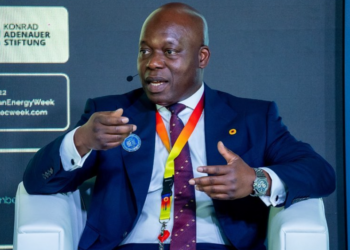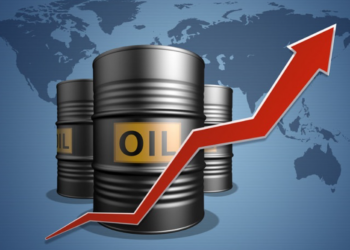The Nigerian National Petroleum Corporation (NNPC) recorded gross revenue of N222.3 billion from Crude oil and gas sales in October, remitted in November 2020.
This represents a 37.3% increase relative to N161.9 billion recorded in October 2020, from the sales in September.
This is contained in the document presented to the Federation Account Allocation Committee (FAAC) meeting for December 2020, which details the company’s activities for the month of October 2020.
READ: NNPC moves against fraudulent petroleum marketers
Checks indicate that in terms of the summary of receipts and remittances due for November 2020, gross revenue for JV crude oil was N197.3 billion, JV gas was N11.2 billion, miscellaneous was N13.7 billion; totalling N222.3 billion gross revenue for November.
Despite the surge in revenues, Nigeria lost about 1.882 million barrels of crude oil in October as a result of down-time in some of the facilities – including Bonny, Ugo Ocha, Antan, Okwori and Ima.
While some facilities were shut for routine maintenance (for example Okono), others were shut as a result of unforeseen circumstances (for example Batan and Yoho flow stations).
READ: ExxonMobil issues force majeure on Qua Iboe Terminal
Key Highlights from the NNPC report
- The Overall NNPC Crude Oil lifting of 12.2 Mbbls (Export & Domestic Crude) in October 2020 recorded 38% increase compared with the 8.79 Mbbls lifted in September 2020.
- Revenue received from Crude Oil export in November amounted to $73.27 million (N27.78 billion), representing a 500% increase compared with the revenue recorded in October 2020.
- Revenue received from Domestic Gas in the month was N3.28 billion.
- Feedstock valued $33.75 million was sold to NLNG during the period. $29.7 million was received during the month — the difference accounts for MCA obligations, Gas reconciliations and Credit Notes.
- Other miscellaneous receipts constituting Gas and Ullage fees and interest income received in November amounts to $22.8 million.
- Further checks indicate JV contribution to the Federation Account includes royalty of N27.8 billion, tax of N38.2 billion and profit of N9 billion with total JV contribution standing at N75.1 billion, plus PSC/miscellaneous of N13.7 billion, amounting to about N88.9 billion total contribution to the Federation Account for November.
- In November, pipelines and management costs amounted N3.67 billion – constituting N2.1 billion for pipelines and other facilities’ repairs; N951.4 million for marine distribution and N551.7 million for strategic holding.
- In terms of deductions, JV cost recovery stood at N103 billion; crude oil and product losses was N1.28 billion, with total deductions set at N108 billion and total available for payment and remittance standing at N114.3 billion or $52.4 million.
READ: Petrol Subsidy-Will there be an end to the discourse?
What you should know about the NNPC
The Nigerian National Petroleum Corporation (NNPC) is the state oil corporation, established on the 1st of April 1977. In addition to its exploration activities, the Corporation was given powers and operational interests in refining petrochemicals and products transportation, as well as marketing.























im perry m immerman i would like to remind the readers that im chevron nigeria
limited my partner is nnpc of nigeria 60/40 split i own 60% but im take 20% of my 60% to be put towards eviromental clean up in nigeria is facing cause of our
oil and gas production